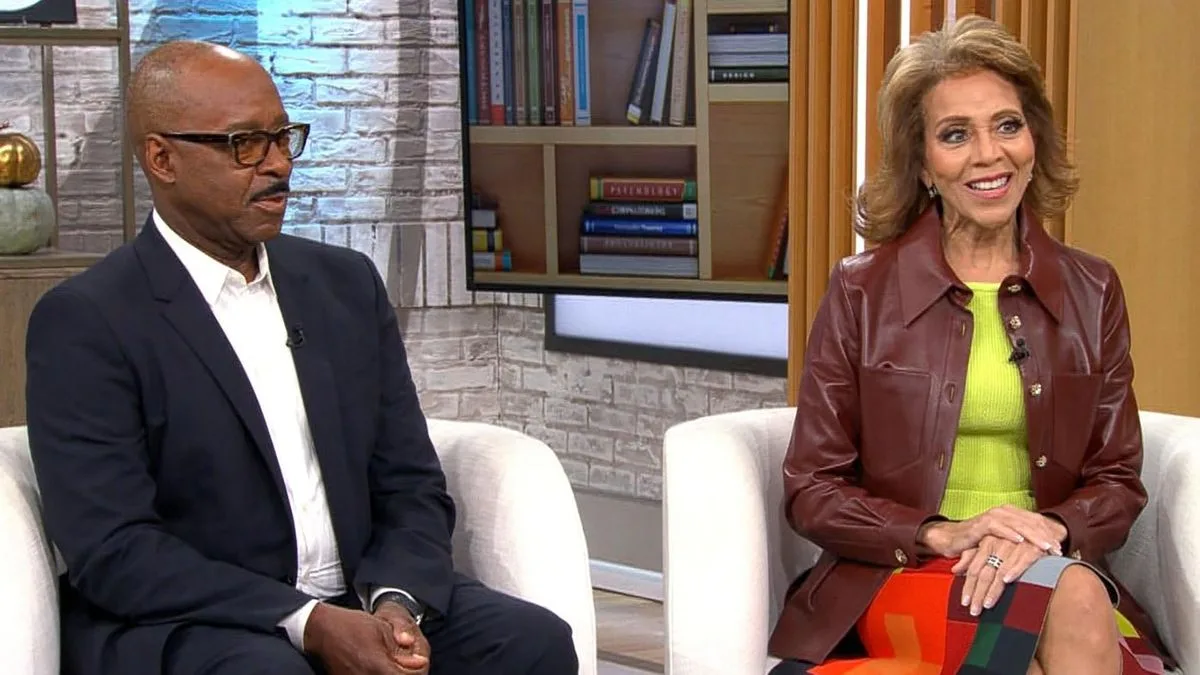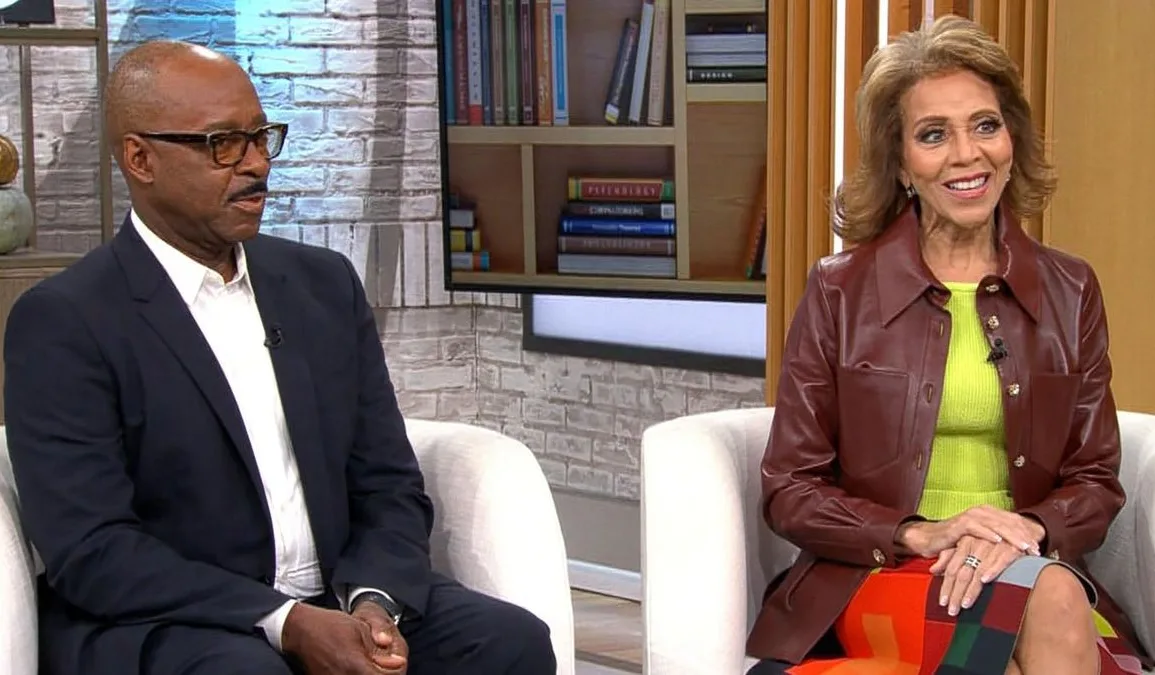
In the heart of a society where the conversation around mental health is often shrouded in silence, an event at the University of Maryland stands as a beacon of hope and understanding. ‘Black Men and Mental Health,’ a groundbreaking symposium, set the stage for a profound discussion on an issue of critical importance. Featuring the insights of Courtney B. Vance and Dr. Robin L. Smith, co-authors of the pivotal work ‘The Invisible Ache: Black Men Identifying Their Pain and Reclaiming Their Power,’ the event aimed to peel back layers of stigma and reveal the raw truths of mental health struggles within the Black male community. Organized by the University of Maryland Black Alumni Network in collaboration with various organizations, this gathering on February 17, 2024, sought not only to enlighten but to empower.
Unveiling the Veil of Silence: The Core of the Discussion
Central to the event was the narrative shared by Courtney B. Vance, an actor whose own journey through the mazes of mental health sheds light on the experiences of many. Vance, alongside psychologist Robin Smith, has laid bare his soul in ‘The Invisible Ache,’ chronicling not only his personal battles but also the harrowing losses of his father and godson to suicide. This storytelling, raw and unfiltered, served as the cornerstone of the symposium, encouraging a dialogue that many find difficult to initiate. The discussion delved deep into the societal expectations that often muzzle Black men, urging them to silence their struggles and wear a facade of invulnerability. Vance’s candidness about seeking help and finding the right therapist underscored a vital message: vulnerability is strength, and seeking support is a testament to courage, not weakness.
Breaking Barriers: A Call to Action
The symposium was not just a platform for sharing stories but a call to action. It highlighted the imperative need to address the mental health needs of Black men and the ripple effects on families and communities. Testimonials and expert insights painted a vivid picture of the generational stigmas and barriers that stand in the way of emotional expression and healing. Yet, amidst these revelations, the event was imbued with an undercurrent of hope. It presented mental health not as an insurmountable challenge but as a journey towards healing that is both possible and necessary. The discussions emphasized the importance of dismantling the stigmas and creating a society where seeking help is normalized, where mental health is not an invisible ache but a visible path to reclaiming power and agency.
The Ripple Effect: Beyond the Symposium
The ‘Black Men and Mental Health’ event was more than just a moment in time; it was a catalyst for ongoing conversation and change. Beyond the confines of the University of Maryland, the messages shared by Vance, Smith, and other participants have the potential to resonate across communities and generations. This symposium has laid the groundwork for a broader dialogue about the mental health of Black men, urging society to acknowledge, support, and prioritize their well-being. The power of storytelling, as demonstrated by Vance and his co-author, serves as a potent tool in this endeavor, bridging gaps and building understanding. As the event concluded, the air was charged with a sense of purpose and a commitment to continue the conversation, to keep pushing against the barriers until they crumble.
In the aftermath of ‘Black Men and Mental Health,’ the key takeaway is clear: the path to healing is paved with courage, conversation, and community support. The stories shared and the insights offered not only shine a light on the struggles faced by Black men but also illuminate the way forward. It is through events like these, and the continued efforts of individuals and organizations, that the invisible ache can be transformed into visible hope and empowerment. As we move forward, let the dialogue continue, for it is in speaking our truths that we find our strength.


